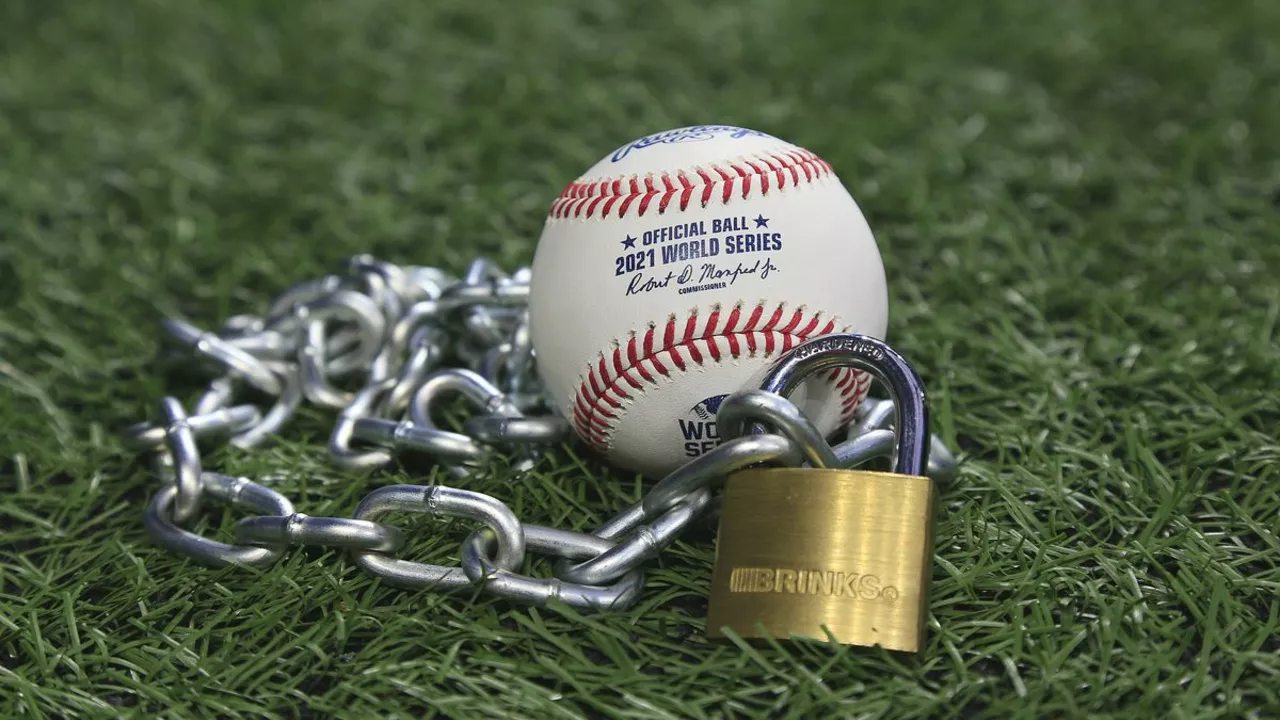Understanding MLB and Free Agents
First, it's important to understand what we're talking about when we say Major League Baseball (MLB) and free agents. MLB is the highest level of professional baseball in the United States and Canada. A free agent in the MLB is a player who is eligible to sign with any club or franchise, i.e., not under contract to any specific team.
The term "free agent" is often misconstrued. It doesn't mean that the player is free of charge. Instead, it means that the player is free to negotiate with any team. This freedom to negotiate often results in lucrative contracts for these players, as several teams can bid for their services.
The Concept of a Lockout
Moving on to the concept of a lockout. A lockout is a work stoppage or denial of employment initiated by the management of a company during a labor dispute. In the context of Major League Baseball, a lockout is when the owners of the teams close their doors to the players. This is often done as a negotiating tactic when collective bargaining agreements (CBAs) are being negotiated between the players (and their union) and the team owners.
A lockout can be a very contentious time in the world of sports. It can lead to cancelled games, loss of income for players, teams, and businesses that rely on the sport, and can create a rift between players and owners.
Why Can't Owners Sign Free Agents During a Lockout?
Now, let's delve into the crux of the matter: why can't owners sign free agents during a lockout? Simply put, a lockout suspends all normal operations, including the signing of free agents. This is because a lockout is a stoppage of work, and signing free agents is considered part of the normal "work" of running a baseball team.
During a lockout, the owners and the players' union are usually in deep negotiations, trying to hammer out a new collective bargaining agreement. The owners don't want to add any new variables to the mix by signing new players, and the players' union wouldn't want any of its members signing new contracts that might undermine their negotiating position.
The Implications of a Lockout
Lockouts have significant implications for both the players and the owners. For the players, it means they can't play, can't train at team facilities, and, most importantly, can't get paid. For the owners, it means they can't make money from games, can't improve their team by signing new players, and risk damaging their relationship with fans.
Moreover, during a lockout, the entire structure of the league is in limbo. The rules that govern the game, the salary cap, the drafting process, and other aspects are all up for negotiation. It's a time of uncertainty, which is why owners are reluctant to sign free agents during this period.
The Role of the Players' Union
A key player in this scenario is the players' union. The Major League Baseball Players Association (MLBPA) is the collective bargaining representative for all current Major League Baseball players. During a lockout, the union plays a crucial role in representing the players' interests and negotiating a new agreement with the owners.
The union would likely discourage its members from signing any contracts during a lockout, as this could undermine their collective bargaining power. The union's goal is to get the best possible deal for all its members, not just those who might be able to land a contract during a lockout.
Historical Precedents
There have been several lockouts in MLB history, the most recent one being in 1994. These lockouts have all resulted in a halt to normal operations, including signing free agents. These precedents set the stage for what happens during a lockout, and give us a roadmap for understanding why owners can't sign free agents during this time.
However, it's important to remember that each lockout is unique, and the specific reasons for a lockout can vary each time. Therefore, the impact on free agents can also vary depending on the specific issues at stake during a particular lockout.
The Future of Lockouts and Free Agents
In conclusion, the future of lockouts and free agents in the MLB is uncertain. The relationship between players and owners is always evolving, and the rules surrounding lockouts and free agents could change in the future. However, for the time being, the rule remains that owners cannot sign free agents during a lockout.
As fans, it's essential for us to understand these dynamics so we can better understand the game we love. By understanding why owners can't sign free agents during a lockout, we can more fully appreciate the complex and often contentious world of professional baseball.
